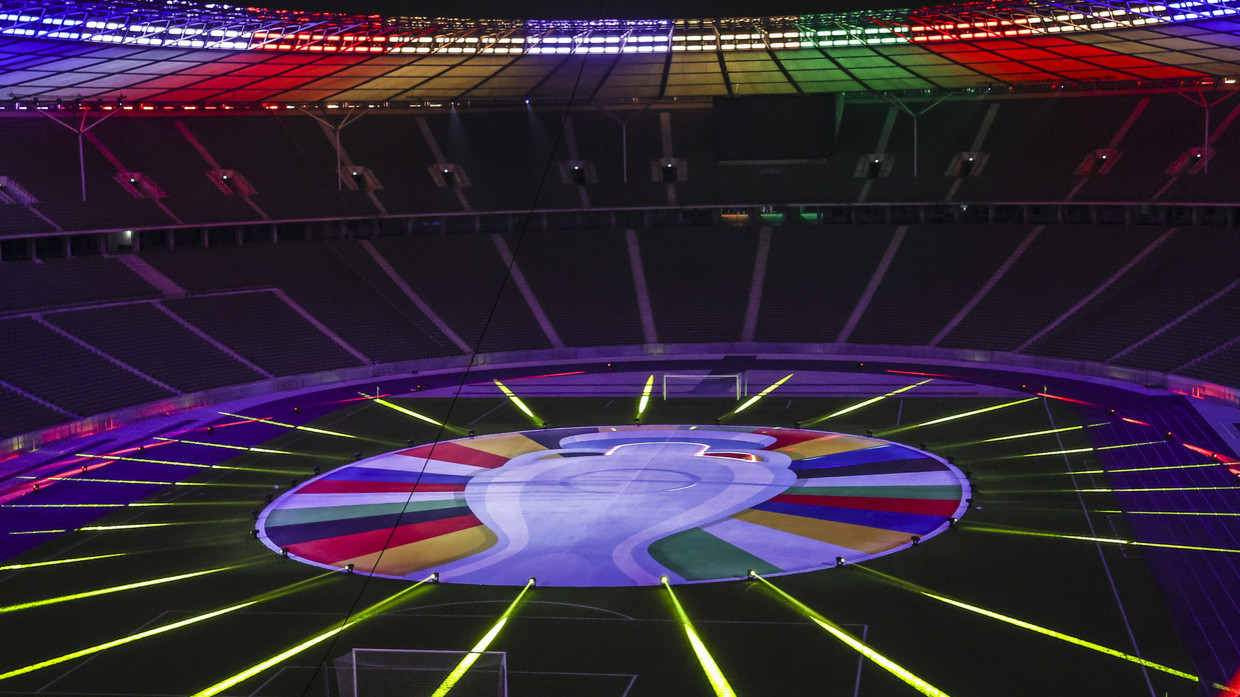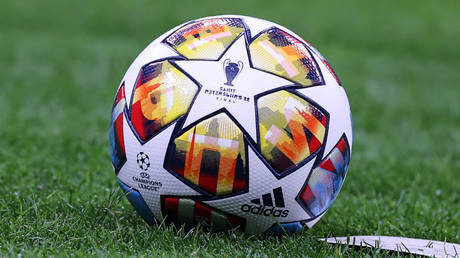UEFA has indicated that no decision has been made on potential Russian inclusion in the qualification stage for the 2024 European Championship, despite the draw taking place in Germany in one month’s time.
Russian teams at all levels have been banned from UEFA and FIFA competitions as a result of the conflict in Ukraine, with the European football governing body confirming in May that its sanctions would cover the entire 2022/23 season.
Beyond that, no announcement has been made regarding the next edition of the Euros, which are set to be held in Germany in June and July of 2024.
The draw for the qualifying stage of the 24-nation tournament is approaching on October 9 in Frankfurt – although when asked by TASS if Russia would be among the names included, UEFA was non-committal.
“A decision on this issue has not yet been made,” TASS quoted the UEFA press service as saying.
The football governing body also said it was not yet able to provide information on whether the issue of Russian participation would be on the agenda at the next UEFA Executive Committee meeting scheduled for September 20.
One potential path into Euro 2024 is through the UEFA Nations League, but Russia have already been removed from their initial group in that tournament, where they were due to face Albania, Iceland and Israel in the second tier of the competition.
In addition to the national team being sidelined from the UEFA Nations League, Russian clubs are entirely absent this season from the UEFA Champions League, UEFA Europa League, and UEFA Europa Conference League, among other tournaments.
At FIFA level, the Russian men’s national team was deprived of the chance to attempt to reach the 2022 World Cup in Qatar after being removed from the European qualifying playoffs.
The Russian Football Union (RFU) later lost an appeal against the UEFA and FIFA bans with the Court of Arbitration for Sport (CAS) in Switzerland, but the RFU indicated it could take the case to the higher Swiss Federal Supreme Court.
UEFA chief Aleksander Ceferin has said on several occasions that the decision to ban Russian teams was taken with a heavy heart, although he has argued that it is necessary considering the current international situation.
Having hosted the World Cup successfully in 2018, Russia was part of the special pan-continental 2020 UEFA European Championship which was held last summer after being delayed due to the pandemic.
St. Petersburg stepped in to host additional matches after other venues dropped out, welcoming seven games in total to the city.
Russia had signaled its interest in solely hosting the 2028 or 2032 editions of the Euros, but UEFA dismissed that idea when announcing the continuation of its ban in early May.


